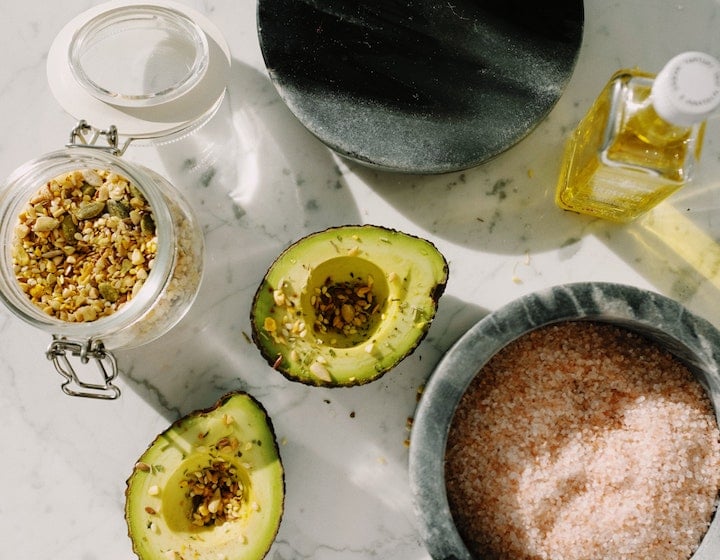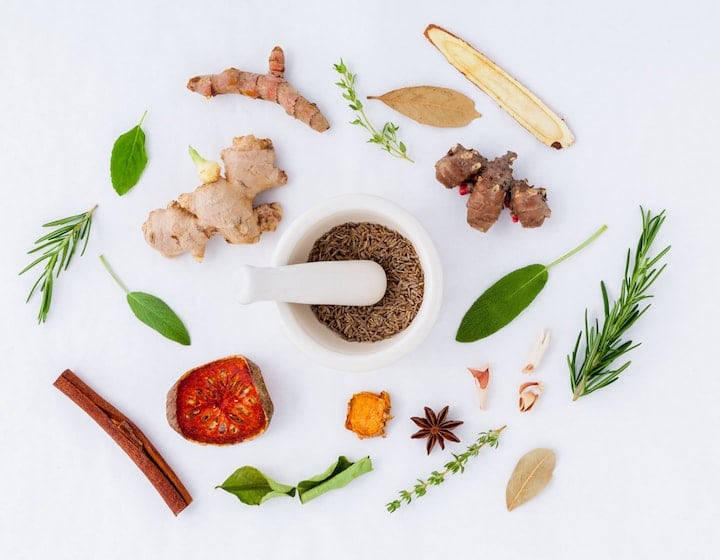
A Hong Kong midwife offers solutions to this common pregnancy problem.
Morning sickness is an extremely common pregnancy-related condition predominantly occurring in the first trimester and unfortunately, contrary to its name, is not limited to mornings only! Nausea and sickness can occur at any time during day or night during pregnancy and its severity varies from woman to woman. Thankfully, for most, symptoms subside from around the 12th week of pregnancy and gradually improve week by week and have usually subsided around weeks 16 to 20. The good news is that, even though it may feel like a very long four months, there are plenty of practical steps and home remedies available to help you find relief in the meantime.
Read more: 5 Whole Foods To Reduce Pregnancy Swelling

Diet
Your diet and eating habits play a large role in helping to keep nausea at bay, as symptoms can often be worsened by an empty stomach or overly spicy foods, for example. With this in mind, it can be helpful to eat little and often throughout the day rather than sticking to just three main meals. Be sure to keep plenty of healthy snacks to hand, especially when out of the house for extended periods. If regular meals alone aren’t enough to relieve nausea then trying a bland diet can be beneficial – think lean meats, pasta, rice and simple cooked vegetables.
Hydration
Maintaining good hydration during pregnancy is key and is all the more important for those experiencing vomiting during pregnancy. This is not made easy, however, by the fact that a lot of women find it difficult to tolerate large amounts of fluid when they’re feeling nauseous. A few tips to help maximise your fluid intake include sucking on ice cubes or having your drinks straight from the fridge, as many find warm or room temperature fluids more likely to worsen their symptoms. Adding some sports drinks and coconut water into the mix can also help replenish your body with lost nutrients and electrolytes.
Supplement
Although it may be difficult at times, continue taking your daily prenatal vitamins throughout to help compensate for any nutrients you may not be getting through your diet or losing due to vomiting. Take them during the time of day you tend to feel less nauseous and consider taking a powder, coated or chewable tablets, as these may agree with your stomach more than others. If you struggle to take them with drinks, try having them with a soup or smoothie instead.
Read more: Pregnancy Nutrition: Where To Get Prenatal Vitamins In Hong Kong

Ginger
Ginger has long been considered a great remedy for an unsettled stomach, and its use for the relief of morning sickness is no different. So, fill your cupboards with staples that are made with fresh ginger, including ginger tea, ginger biscuits, crystallised ginger and ginger soft drinks to call upon quickly when nausea strikes. Try to incorporate fresh ginger into your home cooking as much as possible and add slices to hot water and tea in between meals. Even the smell of fresh ginger is thought to be helpful so if you’re not quite able to stomach it, try taking a whiff instead!
Acupressure
Studies have found that pressure or massage of a point located near the middle of your forearm can help relieve nausea. During pregnancy, this can be achieved with gentle massage of the area (known as acupressure point P6) or the use of travel-sickness wristbands worn throughout the day.
Read more: Chinese Soups And Teas That Benefit Your Body During Pregnancy

Rest And Relaxation
It’s important to look after your mental, as well as physical, health during pregnancy, as many find the symptoms of morning sickness to be so acute that they can be debilitating and disruptive for daily life and routines. Making sure you get plenty of rest is key, and allocating time for meditation, breathwork, reading a good book or listening to music, amongst other activities, can really help to reduce stress levels and help you to feel as relaxed as possible.
Medication
If you are finding that your morning sickness is severe enough that it’s causing you to lose weight, become dehydrated or have other associated symptoms, then you should speak with your healthcare provider about options for anti-sickness medication and potential diagnosis of hyperemesis gravidarum, being the name for a severe and prolonged type of morning sickness (thankfully only occurring in around 3% of women). There are a number of anti-sickness medications that are safe to take during pregnancy, and they may be required if you find that your symptoms are having a significant impact on your quality of life and are not helped by other natural remedies. It is unusual for these medications to be required for the entire pregnancy and they can often be stopped once your symptoms subside over time.
Read more: 10 Things We Don’t Always Expect When We Are Expecting
 View All
View All


 View All
View All


 View All
View All


 View All
View All
 View All
View All








